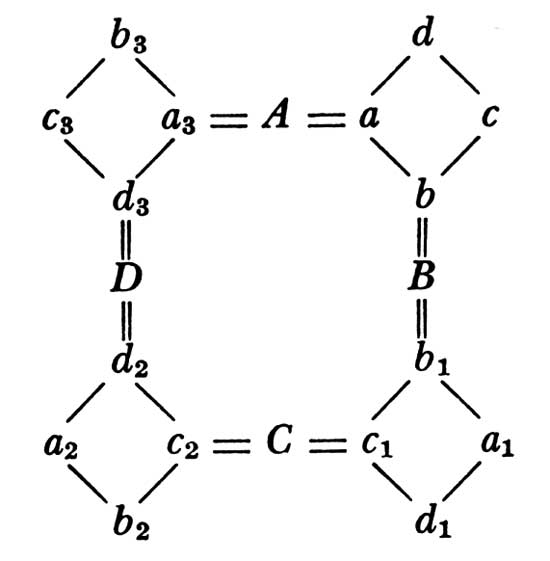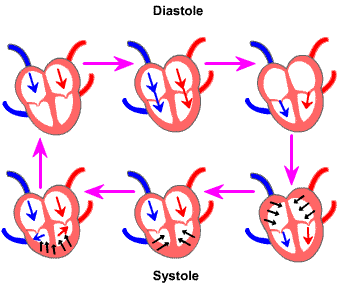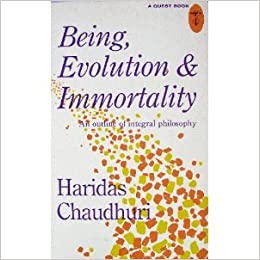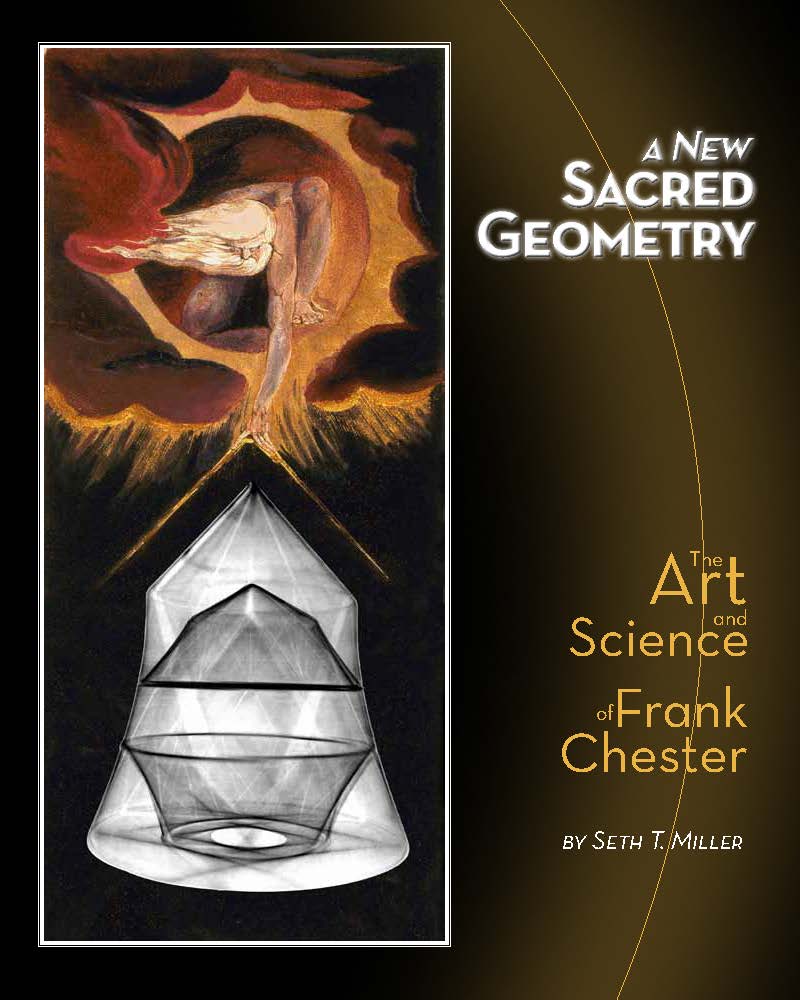Jan
21
2012
Abstract
This essay outlines connections between the Elemental Cycle as an archetype of transformation, transdisciplinarity, and cybernetics. A number of questions are addressed: the nature and importance of connecting these fields, an examination of resources and the dominant disciplinary discourses for the associated fields, and a critical examination of my assumptions, beliefs, and position.
Introduction
How often...
Sep
22
2009
2. Does the fractal model also work for dynamic, fluid or changing shapes?
Yes, in fact this is it's most 'natural home' I think. The reason is that fractals are about processes, not things, and processes are just that: descriptions of changes, not of things, and changes have a way of, well, being DIFFERENT the...
Jul
03
2009
My general impression of this work was that Chaudhuri was writing in a very philosophical style about a topic which is far more than philosophical. The extent to which he took pains to delineate some various philosophical perspectives so that he could present the viewpoint of the integral yoga surprised me; I'm not sure...
Jun
12
2009
Much is owed to the ideas of Thomas Kuhn and his thoughts on science, which rightfully and helpfully recontextualize the practice of science in light of wider realities of human complexity. However, flowing out of postmodern trends, it is easy to then think of science as completely relative and just like any other knowledge...
Mar
04
2009
I wonder about the extent to which dichotomous thinking is either hard-wired or at least dependent on completely non-social forces. It seems almost to be a thermodynamic question, that is, a question of trying to optimize the amount of energy spent in thinking for a given situation. Thinking is a very expensive activity, physiologically...






